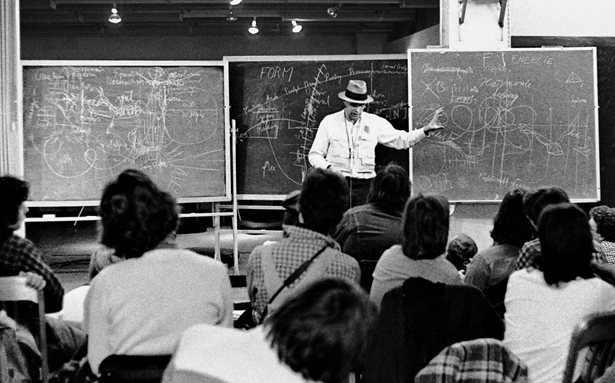Jean-Jacques Rousseau on Education
Jean-Jacques Rousseau on Education
A little while ago I can across the educational ideas of Jean-Jacques Rousseau as set out in his novel or treatise Emile, published in 1762. I’ll set out here his speculations that seem to develop on those from Ruskin, Newman and Morris.
Central to Rousseau’s thesis is that children enter the world as being innocent and good and that education should seek to maintain this, rather than drifting towards the disciplinary forms of education prevalent at the time. He held that children are born with natural goodness, which he sought to protect as they developed, allowing each to form their own conclusions from experience (Morris must have been influenced by this), avoiding the domineering influence of others. In particular, he was keen to stop infants forming the view that human relations were based on domination and subordination. Rousseau viewed Emile as his most imporant work, and it became very influential. It was also banned and burned, and Rousseau was attacked for not following these principles with his own children, who he abandoned, and for proposing a subordinate role for women in this scheme.
Nature – Beyond the Academy
Much like William Morris’ ‘leisure as learning’, Rousseau equates the innocence of nature with the innocence of children (not so innocent if you read Herzog on nature: ‘Ghoulish hellscape’. He saw children as natural learners, and that playing outside and forming their own opinions was more beneficial then direct teaching. Rather than reading books at an early age, it was betting for them to make things, fail and start again (echoing the iterative process of design). In summary: a child is natural learning and should be allowed to get on with it.
We should utilise a students natural state when they first come to university, their own unique interests, which, when they pursue, doesn’t seem like work at all. We start in this world as being ‘good’, so the university system should utilise and not annex certain interests and aspects of life.
Diaries
Rousseau’s Emile influenced thousands of people to keep a diary for the first time, including, most famously, the poet Wordsworth. Having a diary to reflect on one’s individual experience was vital to Rousseau’s ideas on education — this incorporates a natural way of learning but also develops skills of self-reflection that is essential to assessing creative disciplines. I think this has been pursued quite well with things like workflow and other blogging activities, but I think students could be reminded on the importance of the this and even encouraged to reflect on their thoughts and daily lives — this might also contribute to wellness.
Small Relationships in Small Communities (or states)
For Rousseau everything in the city was terrible. He suggested that his educational ideas could only work in small relationships and small communities — villages or cantons as he put it. This is particularly fitting for how UAL is split into smaller colleges each with their own identity. And on another scale this also happens in studio culture and should be nurtured in a similar, detailed, way.
The Reasonable Person (not ‘man)
For all the positive attributes of Newman’s ‘Gentleman’ he doesn’t tell you how to get there. The gentleman is echoed when Rousseau writes that the ‘reasonable man’ is the product of a good education. Rousseau’s ‘child at play’ (or a student without a map), seems to me, how you become a ‘gentleman’ or the ‘reasonable man’.
